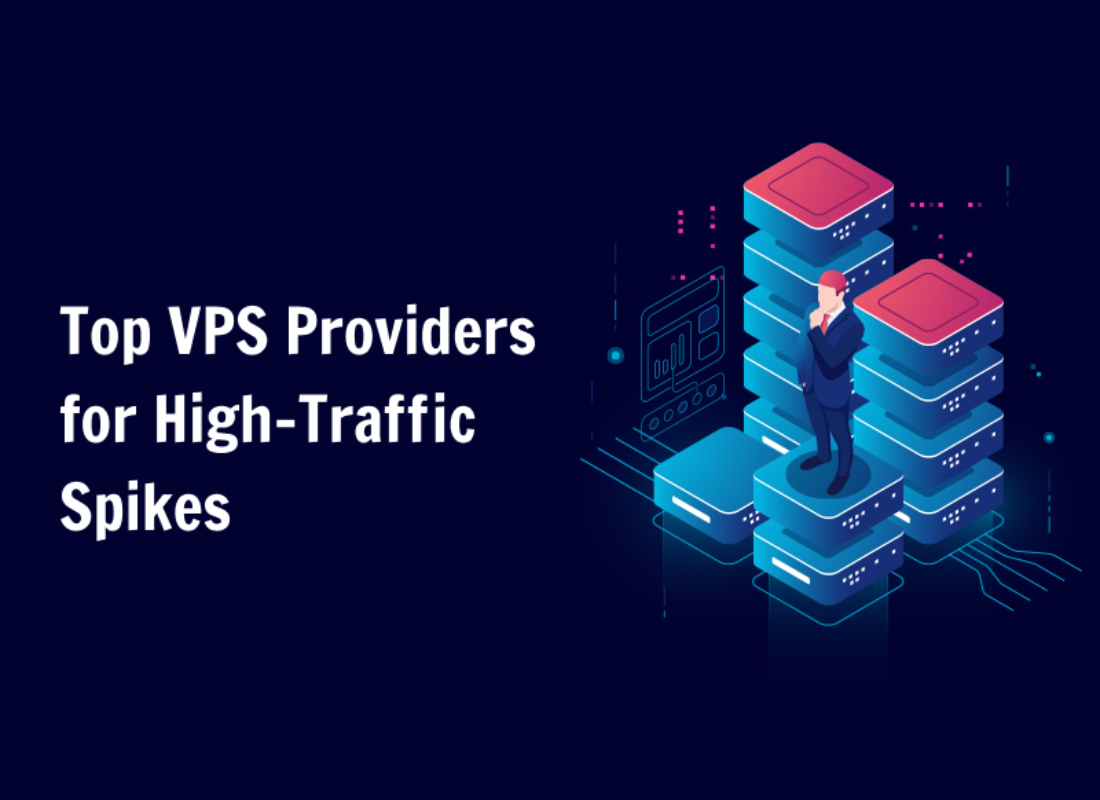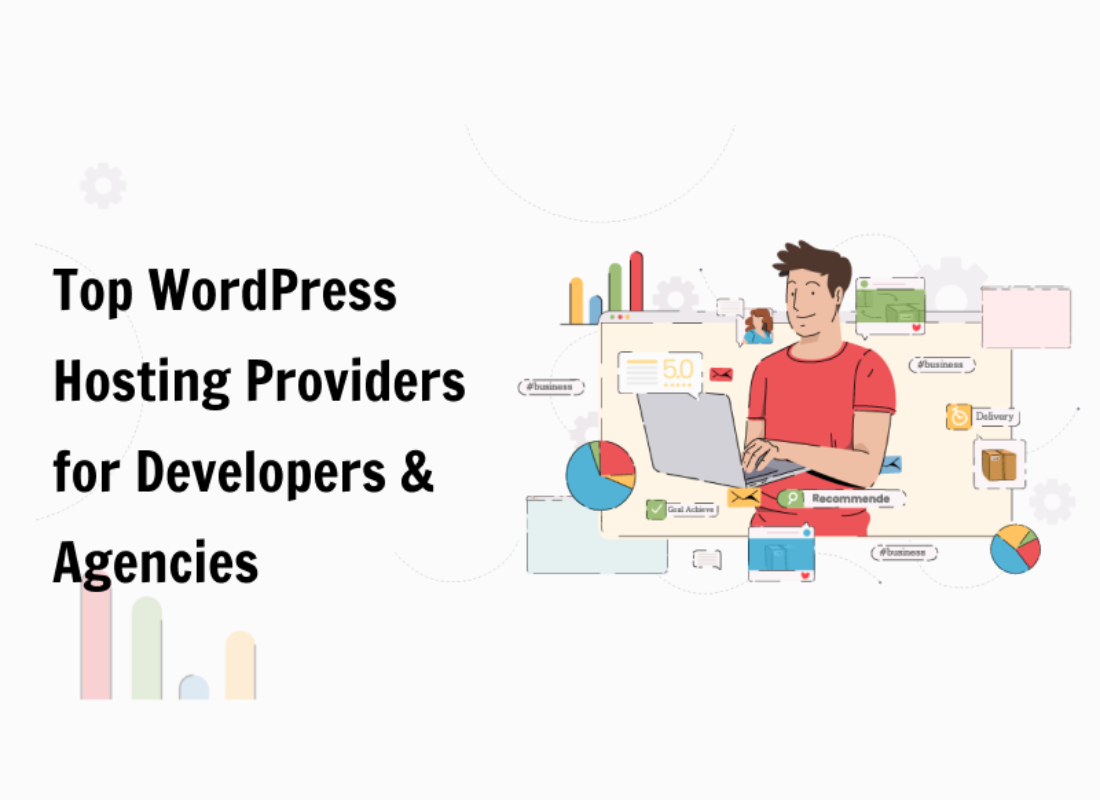As of today, Spyware is one of the most common threats on the internet. It can easily infect your device and it can be hard to identify. Not only is it a threat to online brands and businesses, but also to the individual internet users. For one thing, it can steal sensitive information and harm your network.
And, Did you know? In the first half of 2007 Spyware Infections prompted 850,000 U.S. households to replace their computers. And one out of 11 surveyed had a major, often costly problem due to spyware. (Source: Consumer Reports, State of the Net 2007).
To simply put, a Pop-up Spyware is considered a malicious program and is similar to a Trojan Horse in that you unwittingly install the product when you install something else.
If you think your device is infected with spyware, run a computer scan with the best security software (like Norton Security Deluxe). And by all means, make sure that it has cleaned up everything it can. Next, download and run a virus removal tool, such as the Free Norton Power Eraser.
There are also other reputable anti-spyware removal tools you can use as well. Although some of them work only when you manually start the scan. Others continuously monitor your computer to make sure spyware can’t modify or monitor your information.
What is Spyware?
Spyware is unwanted software that infiltrates your computing device, stealing your internet usage data and sensitive information. A Spyware Infection is classified as a type of malware (malicious software). Designed to gain access to or damage your computer, often without your knowledge.
Remarkably, Spyware gathers your personal information and relays it to advertisers, data firms, or external users. It is also important to realize, it’s used for many purposes. Usually, it aims to track and sell your internet usage data, capture your credit card or bank account information, or steal your personal identity.
How does Spyware operate?
First, Spyware monitors your internet activity, tracking your login and password information, and spying on your sensitive information. On the other hand, some types of spyware can even install additional software. All together, changing the settings on your device.
So it’s important to use secure passwords and keep your devices updated. And of course, if you’ve ever been a victim of identity theft or credit card fraud, you’re not alone. In fact, Cybercriminals Ransomware Recap on Cybercrime statistics tells the story;
- A total of 978 million people in 20 countries were affected by cybercrime in 2017, according to Norton Cyber Security Insights Report Global Results.
- Victims of cybercrime globally lost $172 billion.
Spyware contributed to those numbers.
Check out our guide to help understand how Cybercriminals works, and how to help protect yourself or your business.
Which are the Main Types of Spyware?
Unfortunately, Spyware can be difficult to recognize on your browsing device and gadgets. By its nature, it’s meant to be deceptive and hard to find.
But, there are clues that can help you identify whether you’ve been infected by spyware. You may have a spyware issue if your computer shows these symptoms.
- First, if your device is slow or crashes unexpectedly.
- Secondly, if your device is running out of hard drive space.
- You get pop-ups when you are either online or offline.
In general, there are four main types of spyware.
And each of them uses unique tactics to track you. Let’s Start With!
Adware
This type of spyware tracks your browser history and downloads, with the intent of predicting what products or services you’re interested in.
The adware will display advertisements for the same or related products or services to entice you to click or make a purchase. Adware is used for marketing purposes and can slow down your computer.
Trojan
This kind of malicious software disguises itself as legitimate software.
For example, Trojans may appear to be a Java or Flash Player update upon download. Trojan malware is controlled by third parties.
It can be used to access sensitive information such as Social Security numbers and credit card information.
System Monitors
This type of spyware can capture just about everything you do on your computer.
System monitors can record all keystrokes, emails, chat-room dialogs, websites visited, and programs run. System monitors are often disguised as freeware.
Tracking Cookies
These track the user’s web activities, such as searches, history, and downloads, for marketing purposes.
Learn How To Use Norton Security Deluxe For All Your Cloud Protection
How do I get Spyware?
Always remember, Spyware can affect PCs, Macs, and iOS or Android devices.
Although Windows operating systems may be more susceptible to attacks, attackers are becoming better at infiltrating Apple’s operating systems as well.
Specifically, there are a number of the most common ways your computer can become infected with spyware
How your computer gets infected;
- Accepting a prompt or pop-up without reading it first
- Downloading software from an unreliable source
- Opening email attachments from unknown senders
- Pirating media such as movies, music, or games
A common way to become a victim of spyware is to download certain peer-to-peer file swapping products. As well as some freeware like games or other applications.
There are even malicious people who actually hide spyware in “anti-spyware” programs. Here people install the program, thinking it will remove existing spyware from their computer. But, in fact, it actually installs spyware.
Facts About Computer Spyware
In addition to privacy issues, it could also monitor your surfing habits, install unwanted toolbars and change your browser settings and homepage.
For instance, some spyware can transmit every bit of information you enter on the Web back to a third party.
Some spyware can flood your system with so many pop-ups that it uses large portions of hard drive space and system resources.
To the point of notably slowing it down, or worse yet, rendering your system unstable or unusable.
Below are 7 More Additional Facts About Computer Infections;
Fact 1:
Computer Spyware can easily be installed on a system without a user’s knowledge.
Infections can originate from open ports in your firewall or by not having any firewall, visiting malicious websites or installing software that includes the spyware with its package installer.
In many cases, one infection can propagate many more infections by installing other spyware software in the background without the user ever knowing something is going on.
Basis of this Fact:
It only takes one open port in your firewall or just one bad software download to infect your system.
After being infected most spyware is designed to download and install other malware to your PC thus starting a chain of events where your computer just gets worse over time.
Fact 2:
There is no software available that can remove 100% of all spyware. So effective computer spyware removal is a multi-step process.
In a recent study by PCWorld and others, tests compared 9 of the top spyware scanning and removal applications against each other.
Each application was tested on a system infected with common spyware threats. And then compared against each other to see which product was best at spyware removal and detection.
The top three applications detected only 65% to 85% of the spyware on the test system, while all the other application detection rates were well below 60%.
Basis of this Fact:
Therefore, trusting just one piece of software for spyware removal is not a good bet. Also today we see new spyware come out almost daily.
And while it can take months for a company to come up with a cure for one type of spyware a hacker can make something new today and start infecting machines.
So, the good guys are always a few steps behind the bad guys in this case.
Fact 3:
Spyware on your machine lets criminals get your identity information with just a few mouse clicks.
Generally, Spyware has helped many criminals get personal information in just the click of the mouse.
Basis of this Fact:
A special type of spyware called a keylogger can record your account numbers and passwords and then send them off to a hacker.
Online Identity Theft (Cybercrime) and Online Fraud are now the method of choice to rip people off as it is simple to do and the chances of getting caught are very small.
Fact 4:
Spyware can slow down your internet speed dramatically.
Every piece of information that leaves your computer via the Internet has to use some of your bandwidth.
Basis of this Fact:
A heavily infected system can send a significant amount of information out at any given time.
This seriously limits the availability of bandwidth for legitimate uses and the user suffers a dramatic loss of speed.
In many cases, spyware can turn your computer into nothing more than a zombie that relays things like spam and viruses which uses even more system and bandwidth resources.
Fact 5:
Spyware takes away precious system resources from your computer, making boot times longer and overall performance much slower.
Basis of this Fact:
This is self-explanatory. Your system only has so many resources available to complete tasks.
Every program (good or bad) requires system resources, spyware takes away resources from legitimate computer programs.
Fact 6:
A survey suggests that over 90% of computers are infected with some type of adware, spyware or virus.
90% sounds like allot, but imagine all the stuff your computer does a day in and day out. All the websites you go to and all the programs you may have downloaded.
Basis of this Fact:
So, when you know that it only takes one bad website or one bad program to infect you and then you add up all the places you could get spyware from 90% is not that surprising.
And here at jmexclusives, I see rates even higher than being reported with close to 95% of customers having some form of spyware or other nefarious software on their PC’s.
Fact 7:
Some types of spyware can install programs to allow hackers complete control over your system.
Hackers call these infected computers “bots” and there are millions of them.
Basis of this Fact:
When your system is turned into one of these “bots,” someone from the outside can then use your computer to send out spam and viruses.
Or even link your system with thousands of other computers to shut down websites and launch other kinds of attacks.
How do I Prevent Computer Infections?
Keeping your system free of spyware pop-ups by doing the required and ongoing PC maintenance.
It’s far easier to protect your system on a daily basis than it is to recover your system if it is already infected with pop-ups.
Here are six tips to help you keep your computer pop-up free;
- Be sure you keep your operating system up-to-date and download recommended patches.
- If you encounter unexpected windows and pop-ups while surfing the Web, quit the pop-up or tabbed browser window and do not click any hyperlinks from within it.
- Don’t download freeware or shareware unless it is coming from a trusted source. Be especially suspicious of free entertainment software like games or music and video-sharing freeware. Web accelerators, free browser toolbars, spam blockers, pop-up blockers, and similar seemingly useful applications should be avoided when they are not being downloaded from a well-known company’s Web site.
- Adult entertainment Web sites and other sites offering free (illegally pirated) versions of the software are usually ripe with spyware and browser pop-ups. Avoid these sites completely.
- Ensure you keep an anti-virus program on your system.
- Download and Install anti-spyware programs (like Malwarebytes) and ensure it is kept up to date.
Takeaway,
In a nutshell, be proactive by changing your passwords and notifying your bank to watch for fraudulent activity. Sometimes the constant fluctuations, changes, and upgrades happen so fast that it seems impossible to keep up with them.
Or even, by little pop-up windows on our desktops that appear when we power up our computers. Especially, asking us if we want to upgrade to the latest version of one of our applications. Some fake or rogue anti-malware software will display a warning message pertaining to Malwarebytes.
What are you waiting for? Get Started and Download Malwarebytes For Windows or even Download Malwarebytes For Mac! Finally, at jmexclusives, We Do The Research So You Don’t Have To. And be that as it may, I hope that you have gathered enough information in regards to the above-revised topic.
And also, how you can download Malwarebytes 4.0 or even download Norton Security Deluxe for all your cloud protection needs. Equally important, if you have additional information, contributions or even suggestions, please Contact Us. You can also share some or more of your thoughts in the comments box below this blog post. For your information, below are more useful topics:
- Who are Cybercriminals?
- What is a Ransomware Attack?
- Windows Defender Antivirus
- Norton Antivirus & Security
- Download Free Kaspersky Antivirus




